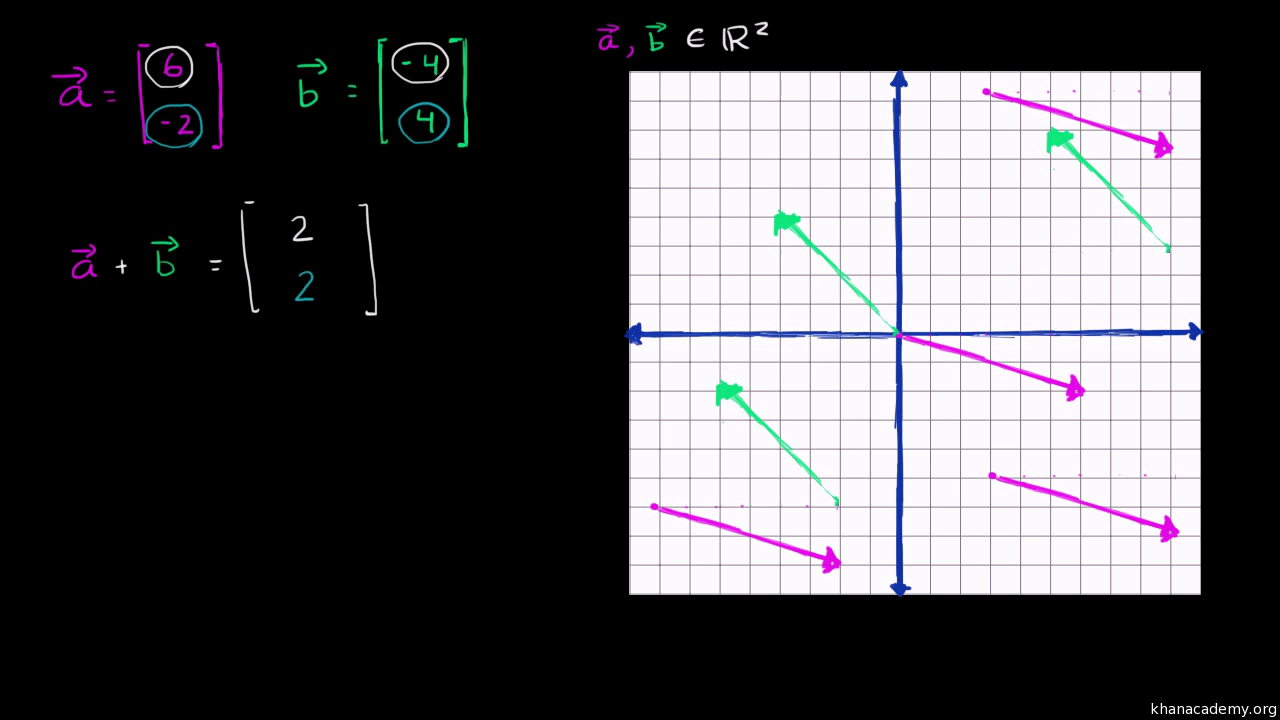Such is the impact of linear algebra in the world of computer science that today it’s impossible (for all practical reasons) to stay away from the topic. Computer graphics, machine learning and, even, quantum computing all model their data using the same language–you guessed it–linear algebra.
When we were taught this seemingly obscure topic at high school, it was hard to imagine then that it would come back haunting with such force. What then felt like “why read what I’d probably never-ever use again in life?” now feels like “why the hell did I not revisit this a couple of years back?”. The article 5 Reasons to Learn Linear Algebra for Machine Learning makes a great (but cautionary) case for why you should too start learning the subject right away!
I have been a machine learning practitioner since more than a year now, but never did I learn LA deep enough to be able to interpret the results of certain deep technical research papers on ML. So, it’s good that I pretty much have to learn this subject now because of my current research work on quantum computing, something you just cannot get a hang of without knowing the various data notations which unsurprisingly are some form of LA notations.
Now, how do you actually learn the thing enough to get deeper into ML or QC or whatever you are working on that requires linear algebra? Good question. The short answer is — do NOT buy a book and spend months. The shorter answer is — check this YouTube course Essence of Linear Algera by 3Blue1Brown. Other cool learning resources exist on the subject, such as Khan Academy, but I highlighted the one by 3Blue1Brown just because that’s the one I’m learning from. And it’s LEGENDARILY awesome because of it’s purely visual explanations (which, btw, are animations created using–you guessed it again–linear algebra!).
Featured image courtesy Khan Academy

I just discovered that 3Blue1Brown channel’s creator, presenter and teacher is a Stanford Math grad Grant Sanderson. It even has a Wikipedia page! https://en.wikipedia.org/wiki/3Blue1Brown